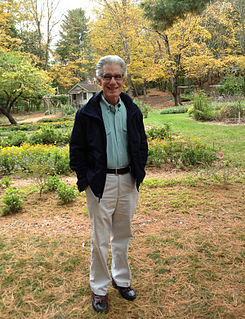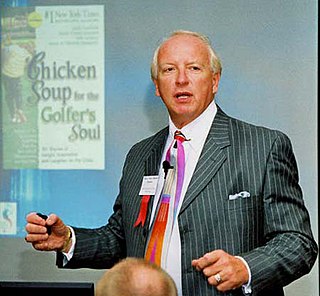A Quote by Phineas Quimby
Related Quotes
We profess to teach the principles and practice of medicine, or, in other words, the science and art of medicine. Science is knowledge reduced to principles; art is knowledge reduced to practice. The knowing and doing, however, are distinct. ... Your knowledge, therefore, is useless unless you cultivate the art of healing. Unfortunately, the scientific man very often has the least amount of art, and he is totally unsuccessful in practice; and, on the other hand, there may be much art based on an infinitesimal amount of knowledge, and yet it is sufficient to make its cultivator eminent.
There is a reductive nature to the Internet, and it's not limited to comic book news sites and stuff: it's everybody. There is a reductive nature of it, by which anything that's said very quickly gets reduced down to the next. Reduced, reduced, reduced to the point where rumors with some sense of nuance to them just become fact.
I wanted to be a scientist. My undergraduate degree is in biology, and I really did think I might go off and be some kind of a lady Darwin someplace. It turned out that I'm really awful at science and that I have no gift for actually doing science myself. But I'm very interested in others who practice science and in the stories of science.
It is true that neither the ancient wisdoms nor the modern sciences are complete in themselves. They do not stand alone. They call for one another. Wisdom without science is unable to penetrate the full sapiential meaning of the created and the material cosmos. Science without wisdom leaves man enslaved to a world of unrelated objects in which there is no way of discovering (or creating) order and deep significance in man's own pointless existence. (p. 4)









































